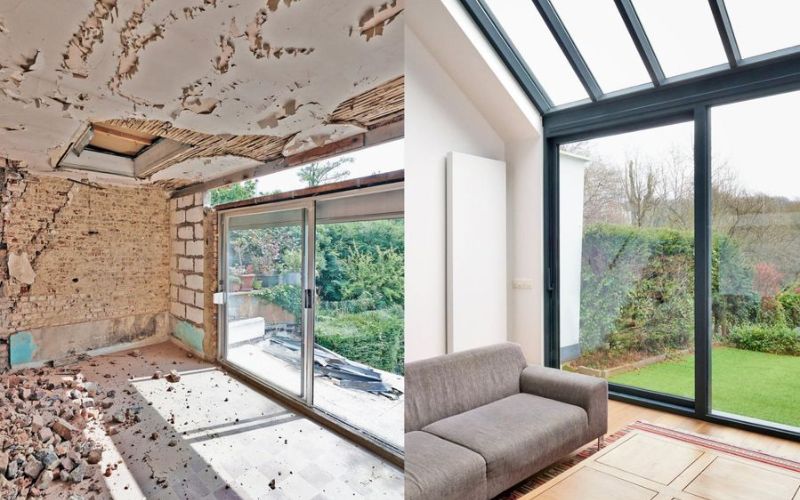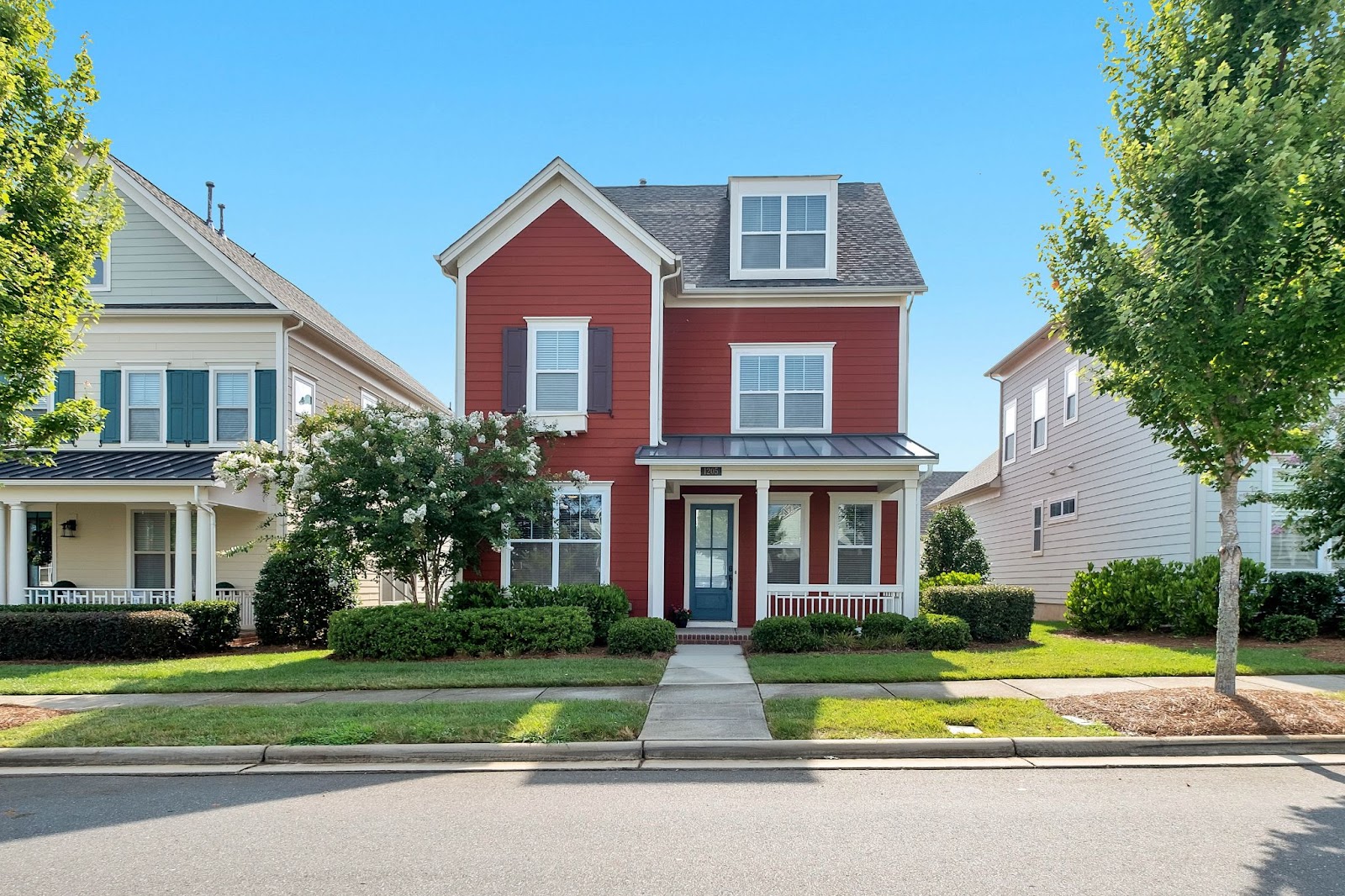Last Updated on October 27, 2023 by CREW Editorial
House flippers have grown in popularity over the last number of years because of various home renovation shows and a desire by many people to make some extra money. If you’re hoping to flip houses, here’s your guide to start flipping houses and a few things you’ll need to know before you get started.
What Is House Flipping?
is a type of real estate investing where investors purchase properties with an intention of selling them for a profit. One of the simplest but most important aspects of real estate flipping is to buy low and sell high. There are a few different strategies that investors can implement to make their real estate deals.
One strategy involves purchasing a fixer-upper and then reselling the property after renovating it with the goal of selling it for more than you spent on it. However, other experienced investors will complete the real estate transaction as fast as possible to limit the amount of time your capital is at risk.
The focus should be on speed as opposed to maximum profit because every day that passes will mean you lose money, whether it be on property taxes, insurance, overhead, or other expenses.
Many investors attempt to make a good amount of income by trying to engage in a large number of flips throughout the year. That profit is typically derived from price appreciation resulting from a hot market or from the improvements made to the property (or sometimes both!).
3 Things To Know About Flipping Houses
While house flipping can be a lucrative business, there are significant associated risks that you will need to be aware of as an investor. If you’re hoping to start house flipping, there are a few important things that you need to know before you get started.
Research Your Local Real Estate Market
Like with any investment, you need to research what you are investing in before you make your purchase. When you flip a house, you will need to research the area that you are hoping to buy your house in. What is the market value like there? Are real estate agents predicting a surge in prices in a few months? Or, has the market been cooling in the area?
These are all important questions that you need to ask yourself or local realtors before you continue with your plan to house flip. The last thing you would want is to pay the down payment on a new house and immediately see a drop in home values in that area.
In order to be a good flipper, you need to do your research and know what you’re spending your money and time on. Finding the right first house can be difficult, but research and market knowledge before you begin investing will often make you more money.
Look at the asking price and purchase price of comparable properties in the area to get an idea of what the market is doing and what’s selling. Doing research ahead of time will not only save you from digging yourself into a money pit but will also help you make a huge profit.
Work With Professionals

While the idea of buying and flipping a property for a profit may sound fairly simple, there are a lot of working parts that need to be executed in order to actually cover the initial cost and make you a profit. To give yourself the best chance at succeeding, you will need to work with people who know what they are doing.
Work With A Real Estate Agent
As a first-time real estate investor, you will want to work with a realtor, specifically one that knows the local market well. They are able to provide insight into the neighbourhood and home values in the surrounding area, as well as find potential buyers to purchase the property after the repair. A good quality realtor, especially one who has experience flipping a house or investing in property, can set you up for success and help you make a large gross profit.
Work With A Contractor
Another key person you will want to work with is a professional contractor. Real estate investors don’t necessarily have experience renovating and upgrading an investment property. A contractor, on the other hand, can be the person that manages the renovation while also providing advice on materials, layouts, timelines, and general construction information.
Work With A Financial Institution
Depending on your financial situation, you will likely need to borrow money from hard money lenders, private lenders, or conventional lenders. In fact, some could argue that using other people’s money instead of your own money is the best way to make money as a property investor.
For properties that you are going to buy and sell quickly, you should work with a hard money lender as hard money loans are meant to be used on investment properties that will be bought and sold within a short amount of time. A hard money loan is based on the home’s after-repair value (ARV) and usually comes with high-interest rates.
On the other hand, conventional loans from most traditional lenders or private money lenders can be used to cover the repair costs of the flipped house. Finding personal finance professionals that can provide advice on loan terms, interest rates, mortgage rates, and the associated financial risk of flipping. While a private lender could perhaps provide a competitive interest rate, conventional banks may have the resources that you need to make the sale.
Other investors choose to avoid paying interest on loans and purchase the property with cash. When you take out a loan for a flip, you will have to pay more interest than you would if the loan was for your primary residence. While this is one way of saving money, they miss out on the tax-deductible that you get when you pay interest on a loan.
Plan and Budget For The Unexpected

Finally, in order to actually begin flipping a house, you need to have the money to purchase the property in the first place.
To start, you will need to find homes within your budget and take into consideration the down payment and the final sale price. Understanding the resale price and resale value of a potential property can allow you to budget accordingly and save money in the long run.
As we’ve stated above, working with trusted financial advisors and institutions can set you up for success. With closing costs, selling costs, taxes, renovation costs, payments on your existing mortgage, and unexpected expenses that happen along the way, there’s a lot of money involved when you flip property. Budgeting for these things and planning ahead will allow you to find success as a house flipper.
Helana Mulder is one of REP/CREW magazine’s content writers and has been writing with them for a few months now. Helana’s interest in real estate writing began when her father started his real estate business over 15 years ago. After graduating from university with a degree in English Writing and Communications, Helana began writing content professionally. Outside of work, Helana enjoys listening to music, playing card games with friends, and reading the latest true crime novel.









